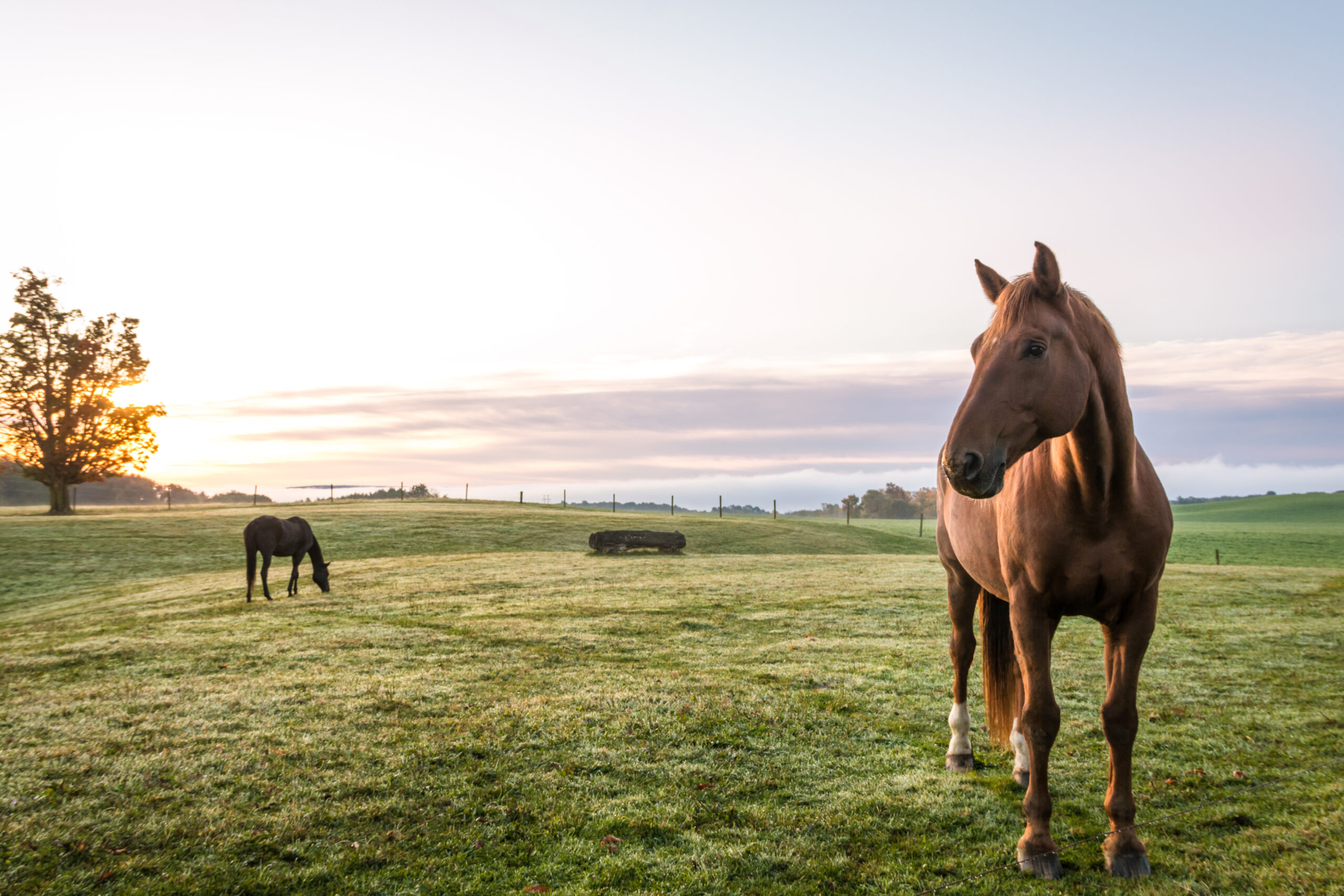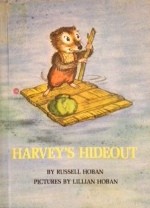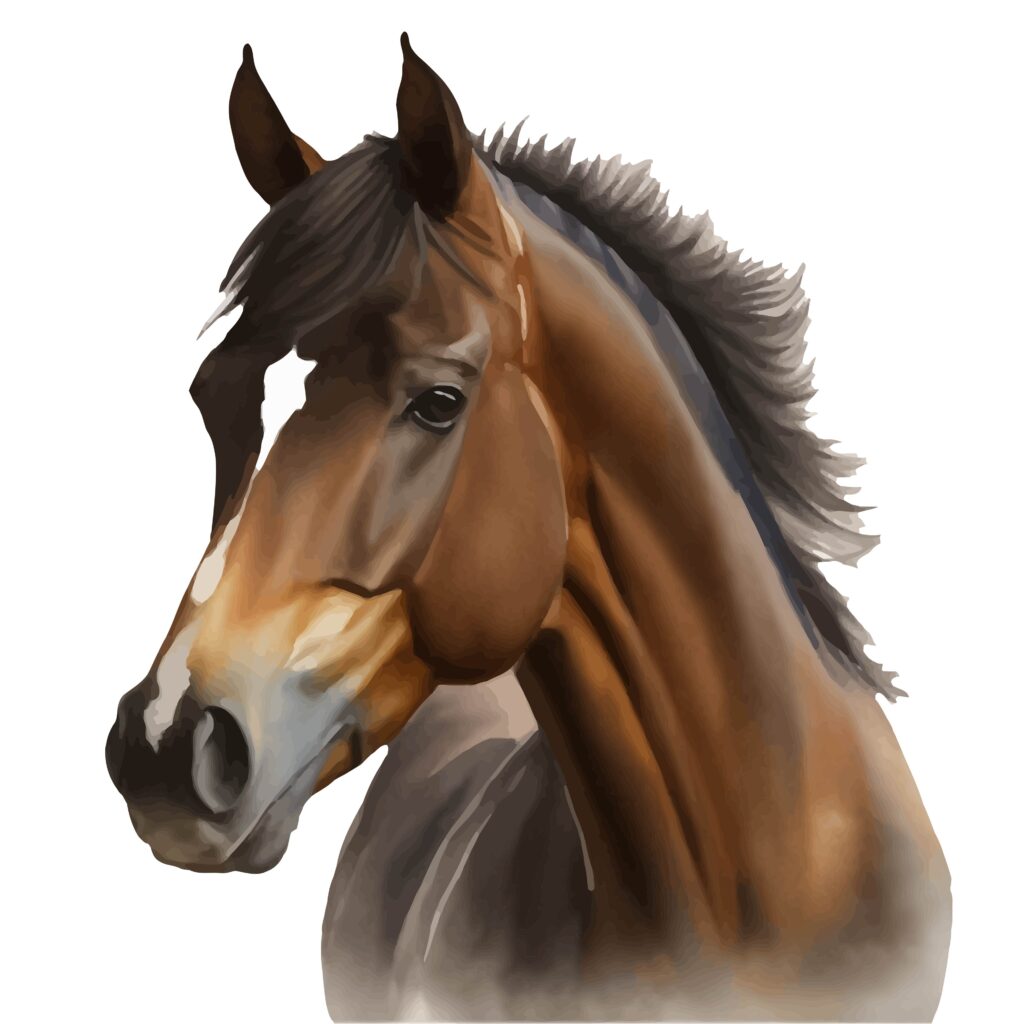
As a writer, I love a good turn of phrase. Or as Jason Mraz says (sings), “I’m all about them words.” I am too. All about them. Words.
I find it curious that there are so many figures of speech, proverbs, similes, metaphors, etc. that involve horses, but hold your horses, I’ll get to that in a minute.
As a person, I love horses. I’ve loved them since my big sister brought home the Billy and Blaze books from the school library when she was in first grade. I’ve never ridden a horse. I’ve never actually spent much time around them. In fact, the one time I had the opportunity, I chickened out because the horse was big and had teeth and I was only five. I stood by the sidelines and watched my dad take a turn around the corral. I wish I had been braver, but if wishes were horses…
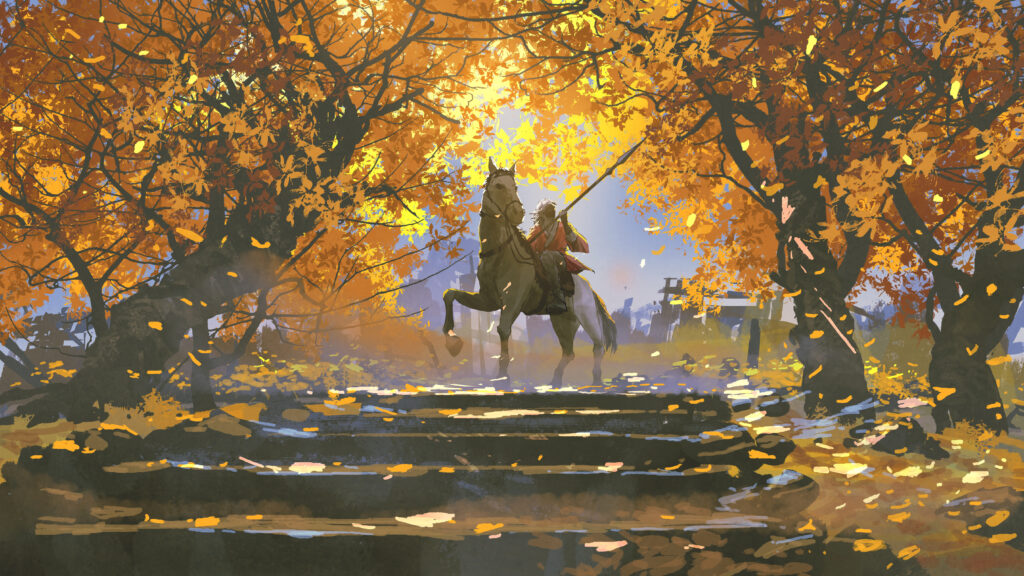
Wild horses won’t drag it from me
I remember reading this phrase in Anne of Green Gables and falling in love with it. It’s dramatic, noble and at the same time, full of romanticism, this idea that you could keep a confidence despite the temptation to blab.
Wild horses make me think of the untamed West and the line from Oklahoma that says about cowboys, “they ride for days on end with just a pony for a friend…” I love the idea of wild horses as found in books like Misty of Chincoteague and the My Friend Flicka books—wild, beautiful and free.
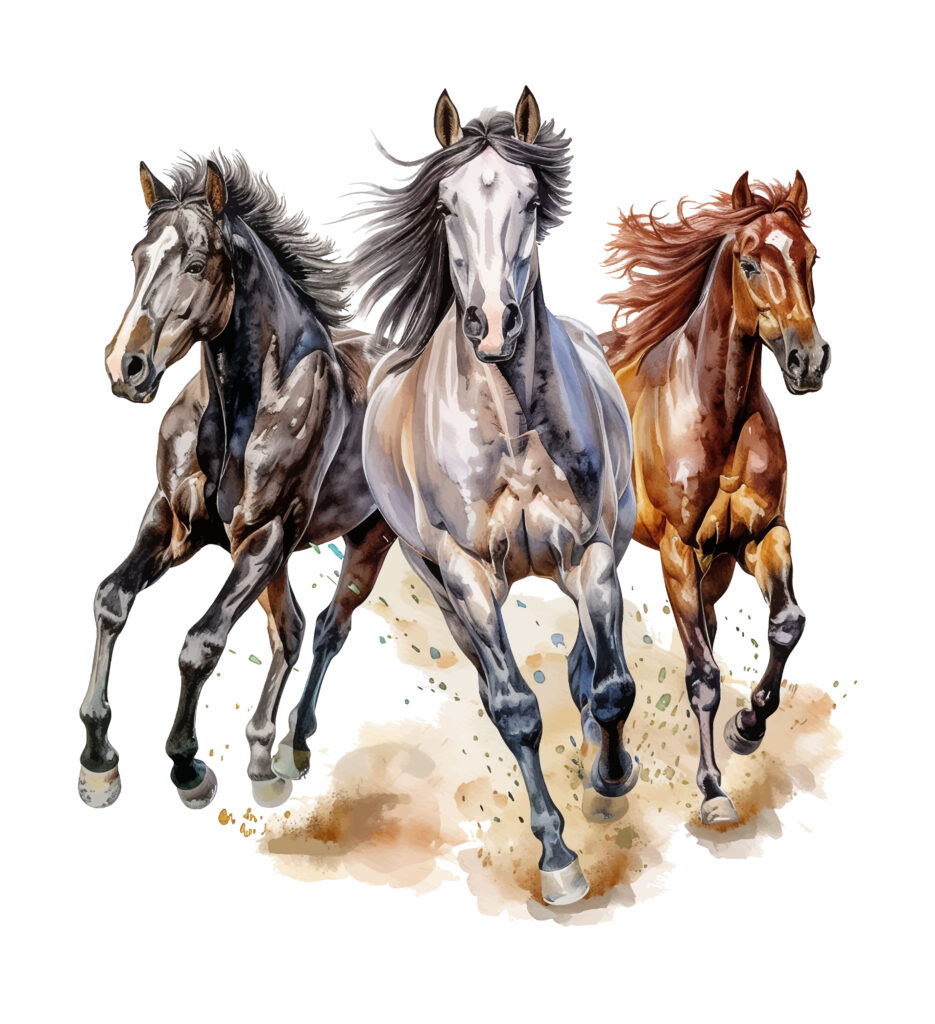
Of course, when I think of wild horses in connection with dragging, I must admit that the idea of drawing and quartering tends to pop into my mind, but I quickly dismiss it because, well, that whole notion is just gruesome. Still, the idea of someone having the mental stamina, courage, bravery, and strength of character to not give up a confidence despite the threat of bodily harm is inspiring.
If wishes were horses beggars would ride
This phrase makes me think of what I like to think were simpler, more innocent times. I supposed there’s no way of knowing whether or not bygone times really were simpler, no real way to compare without access to a time machine…and time machines only exist in books and movies, right? Right? But it makes me feel good to think times were simpler and better when people rode horses.
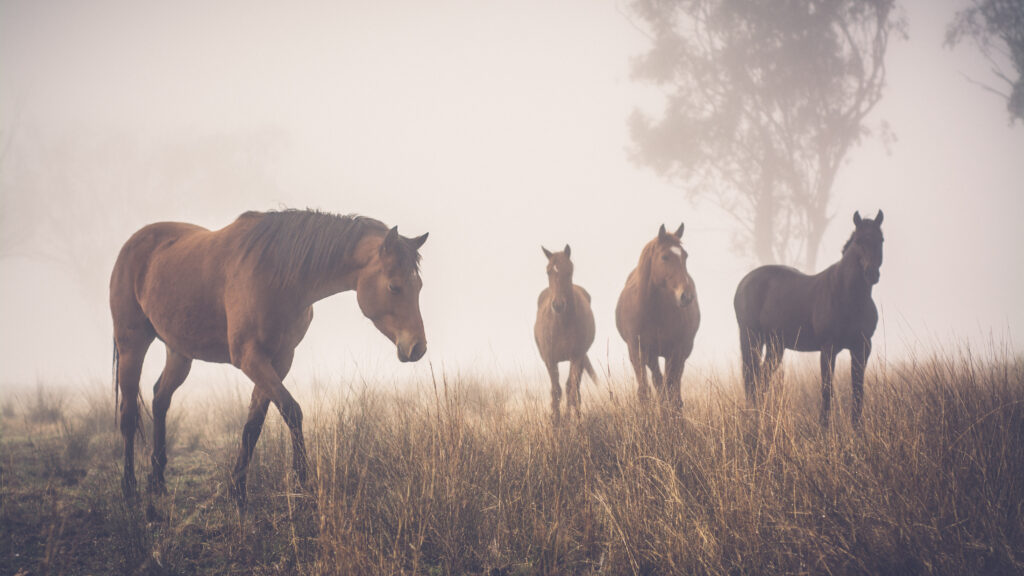
I like the idea that a mode of transportation could be loyal to you. Cars certainly are not loyal; they break down and give out at the most inopportune moments—on freeways, for example—leaving you stranded and having to call a tow truck and pay a mechanic potentially terrifying amounts of money to get them fixed. While it is true that horses had the tendency to die (when they got old or when they were shot because they broke their leg), at least, in books and movies, they did so heroically, after fighting the odds.
Another reason I like this expression so much is it takes me back to the magic of childhood when you believed in the possibility of being granted wishes…like in the case of Aladdin or even in the Biblical tale of King Solomon, who was wise enough to ask for more wisdom which enabled him to…well, let’s just say it was a very clever way of wishing for more wishes.
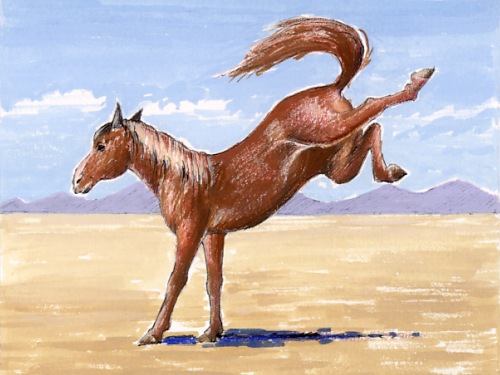
More horsin’ around
Here are a few more expressions and/or figures of speech featuring horses:
- A horse of a different color – made famous by The Wizard of Oz
- Don’t look a gift horse in the mouth – (unless you happen to live in Troy and receive a mysterious giant one!)
- All the king’s horses and all the king’s men – from Humpty Dumpty fame
- You can lead a horse to water, but you can’t make him drink
- Get off your high horse
- Eat like a horse
- Beat a dead horse
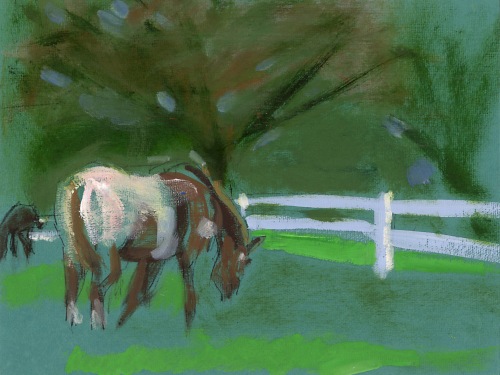
Now I’m going to change horses midstream and list some of my favorite childhood books about horses. Feel free to chime in with your favorites. I’m open to suggestions and I’m not above reading children’s literature as an adult.
- My Friend Flicka
- Thunderhead
- Green Grass of Wyoming
- The Black Stallion
- Black Beauty
- Misty of Chincoteague
- Billy and Blaze
- The Absolutely Perfect Horse
- The Little House Books
- (YOUR CHOICE)

